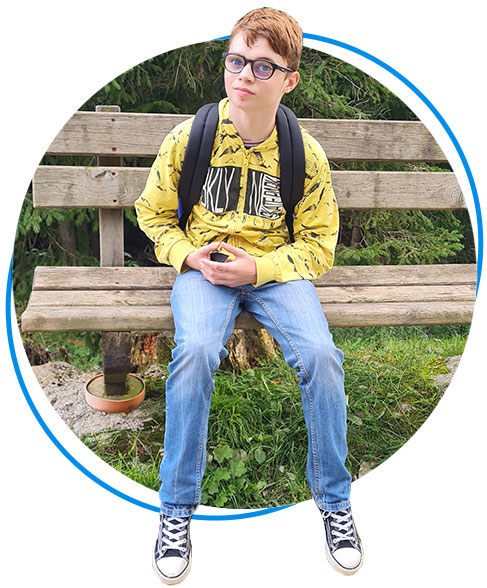By bringing families into a global Angelman syndrome community, FAST Search & Rescue provides connections to access to local and global communities and, global centers of excellence for clinical care.
FAST Search & Rescue supports pharmaceutical engagement by providing industry partners with accurate, de-identified demographic information to support future clinical trials and encourage global patient connections.

Access to patient-centered care relative to their diagnosis through the recently published Standard of Care for Angelman Syndrome.

Access to the global and local Angelman community.

Participation in worldwide trials and research focused on finding better treatments and a cure for Angelman syndrome

Advocacy opportunities.

The Global Angelman Syndrome Registry (the Registry) provides the platform to collect the basic demographic data required for this initiative, such as names, address, date of birth and genotype (deletion, mutation etc). This allows us to utilize a data curator, medical-grade security and ethics and all information received is encrypted and stored on a secure server.
If you are already a participant in Registry, you are already counted in FAST Search & Rescue. If you are not, once you join FAST Search & Rescue, you will be invited to participate in additional data capture elements of the Registry, this additional participation is voluntary.
All Registry data disseminated to the public domain will be aggregated and de-identified, as patient names, dates of birth and other information which could potentially lead to the identification of participants will be removed from the analysis and replaced with a unique identification number.
Deidentified data will be provided to the FAST Search & Rescue team, as well as partnering patient organizations and affiliates to report on known incidence rates in each country to measure the progress of the initiative.
*The population prevalence of AS is estimated at 1:12,000-1:24,000 [Mertz et al 2013].
Feasibility of Screening for Chromosome 15 Imprinting Disorders in 16 579 Newborns by Using a Novel Genomic Workflow [Godler et al 2022].